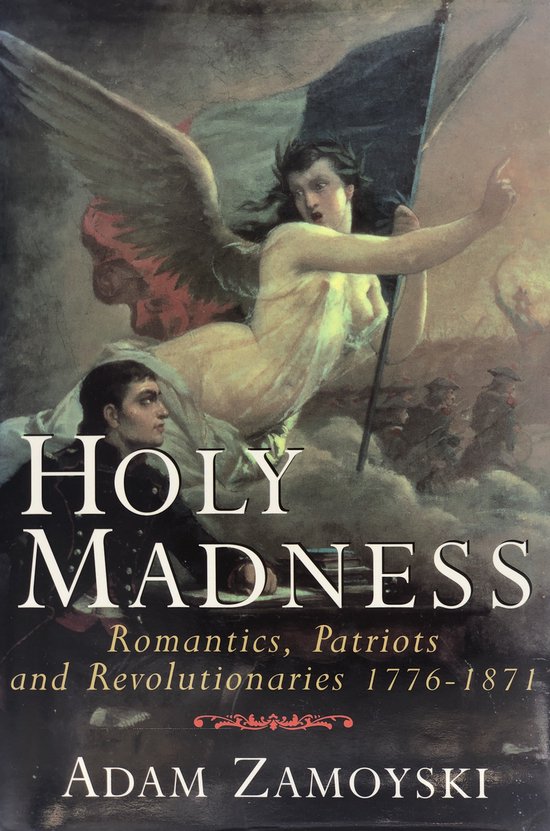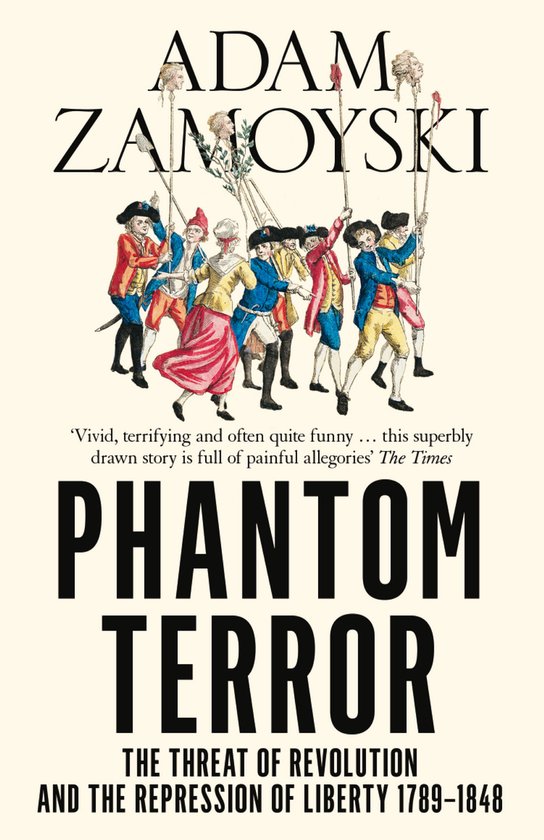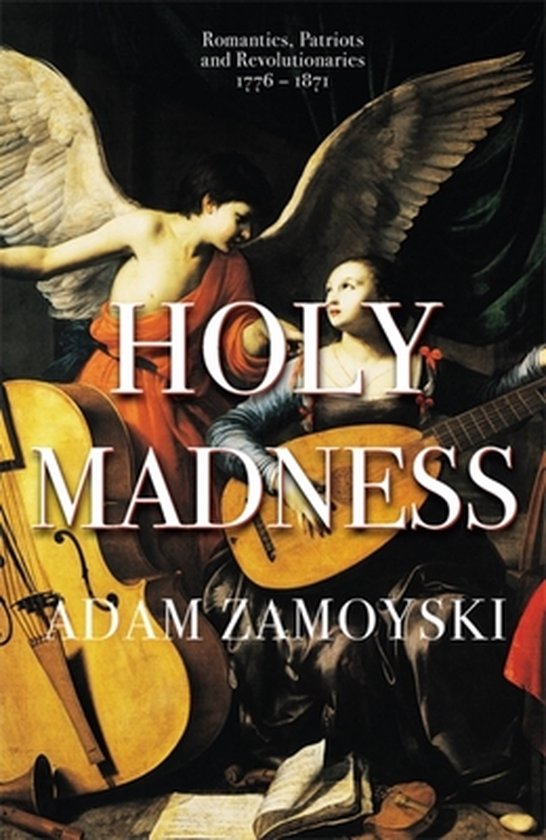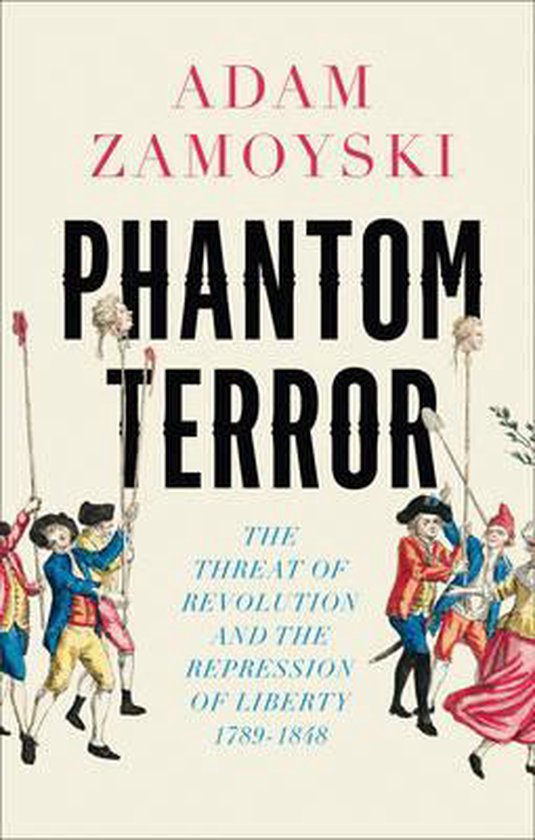Holy madness

1 - 2 weken
Adam Zamoyski has written a history of revolutions, and of the romantic and sometimes ridiculous revolutionaries who inspired them. But because revolution was so ubiquitous an activity in the 19th century what he has actually produced is a comprehensive account of Western civilisation from 1776 to 1871. Inspired by the American Revolution (1776) and the French Revolution (1789), the whole of Europe, and large portions of the rest of the world, was regularly convulsed by the urge to fashion utopia on Earth. Zamoyski manages to flesh out these events with well-chosen detail and a fine sense of the touching comic-heroics they often entailed, as well as the bloodletting and the horror. As a historian of Poland (his The Last King of Poland was particularly highly praised), Zamoyski untangles the many uprisings in Eastern Europe with particular aplomb, but his account of France is also adept, with a vivid account of the idealism of the Paris Commune, overthrown in 1871.Holy Madness advances a particular argument: that the century of revolutionary upheaval was the direct result of the waning of religion as a universal human-value system. Post-Enlightenment men and women turned to the ecstasies of patriotism and revolution to fill the void left by God, hoping to construct a paradise on Earth rather than wait for one in heaven. According to this thesis, revolution was a new theology: "The theology may have been shaky, but the new religion did have a god. That god was the sovereign nation, whose service was the highest calling, as countless revolutionary catechisms pointed out." It's an ingenious line, worked through thoroughly, although it doesn't explain everything--for instance, why Britain was almost entirely free of revolutionary upset during the same period. But this is thought provoking and well-made historical writing. --Adam Roberts
- 1 Bekijk alle specificaties



Taal: en
Bindwijze: Hardcover
Aantal pagina's: 498
Kaarten inbegrepen: Nee
Illustraties: Nee
Hoofdauteur: Adam Zamoyski
Dyslexievriendelijk: Nee
Extra groot lettertype: Nee
Studieboek: Nee
eWaste: Nee
EAN: 9780297815716